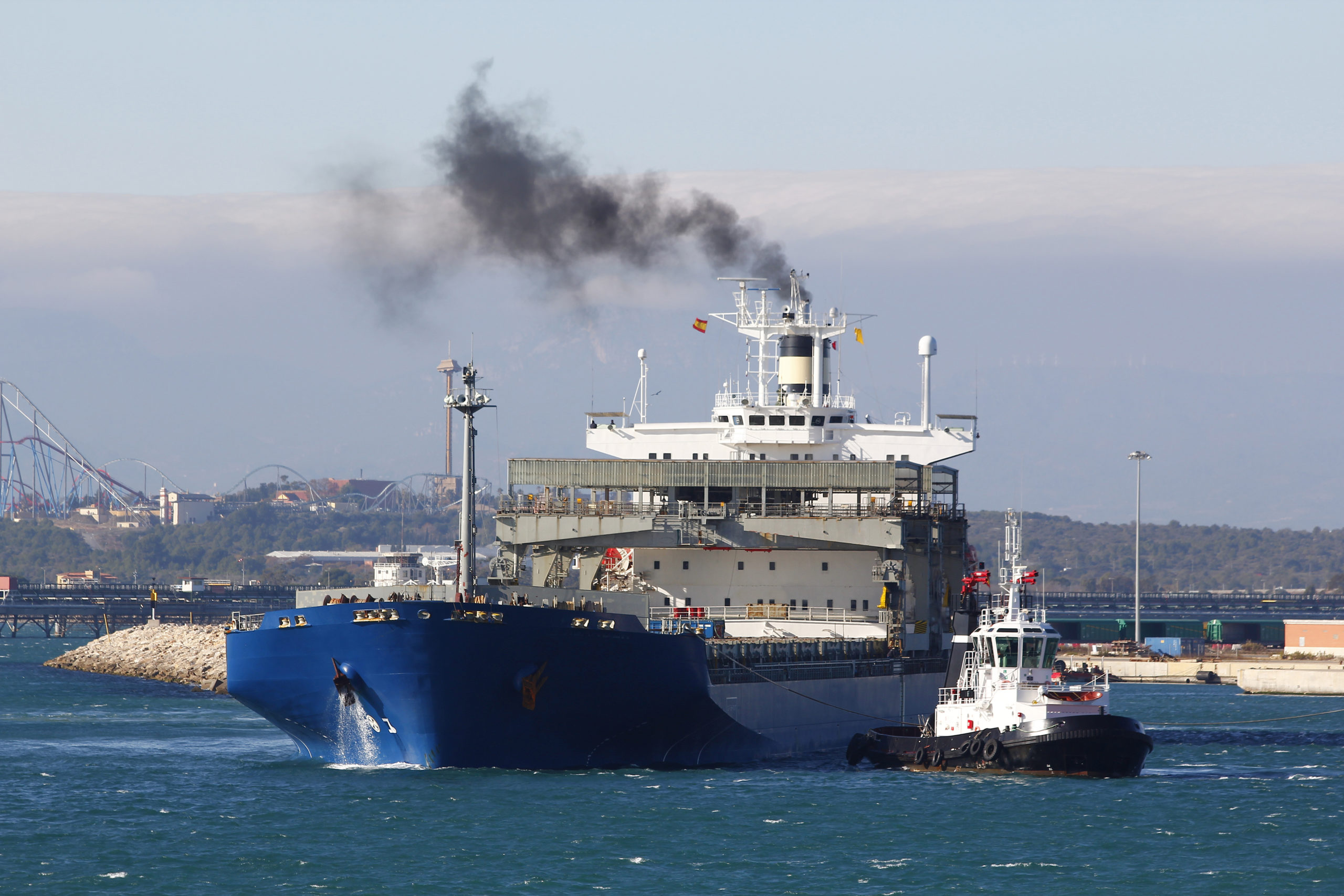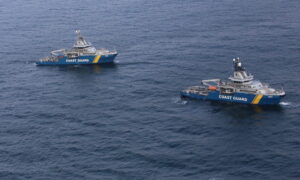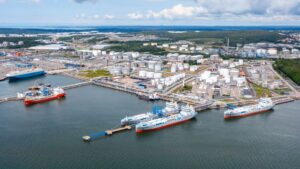The European Council after two years of intense negotiations has adopted a new law to decarbonise the maritime sector.
The new regulation by the EU on the so-called ‘FuelEU maritime’ initiative aims to put maritime transport on the trajectory of the EU’s climate targets for 2030 and 2050 and should play a fundamental role in delivering on the European climate law.
“The new law will provide legal certainty for ship operators and fuel producers and help kick-start the large-scale production of sustainable maritime fuels, thus substantially delivering on our climate targets at European and global level,” said Raquel Sánchez Jiménez, Spanish Minister of Transport, Mobility and Urban Agenda.
The new rules will apply from 1 January 2025, apart from articles 8 and 9 which will apply from 31 August 2024.
The main objective of the FuelEU maritime initiative, as a key part of the EU’s Fit for 55 package, is to increase the demand for and consistent use of renewable and low-carbon fuels and reduce the greenhouse gas emissions from the shipping sector, while ensuring the smooth operation of maritime traffic and avoiding distortions in the internal market.
The new regulation includes measures to ensure that the greenhouse gas intensity of fuels used by the shipping sector will gradually decrease over time, by 2% in 2025 to as much as 80% by 2050.
A special incentive regime will provide support for the uptake of the so-called renewable fuels of non biological origin (RFNBO) with a high decarbonisation potential, whilst fossil fuels will be excluded from the regulation’s certification process.
Passenger ships and containers will have the obligation to use an on-shore power supply for all electricity needs while moored at the quayside in major EU ports as of 2030.
The regulation will also provide time limited exceptions for the specific treatment of the outermost regions, small islands, and areas economically highly dependent on their connectivity.
Also revenues generated from the regulation’s implementation (‘FuelEU penalties’) should be used for projects in support of the maritime sector’s decarbonisation with an enhanced transparency mechanism.
It´s worth noting that the FuelEU maritime initiative is part of the Fit for 55 package. The package aims to enable the EU to reduce its net greenhouse gas emissions by at least 55% by 2030, compared to 1990 levels and to achieve climate neutrality in 2050.
Today we welcome final adoption by @EUCouncil of:
— EU Transport (@Transport_EU) July 25, 2023
✅#AFIR ensuring deployment of alternative fuels infrastructure https://t.co/RuQeitp33S
✅#FuelEU Maritime promoting sustainable fuels in shipping https://t.co/bXk9ghr5oV
On track to cut 90% GHG emissions by 2050!#EUGreenDeal pic.twitter.com/dM3bQEzT5V



